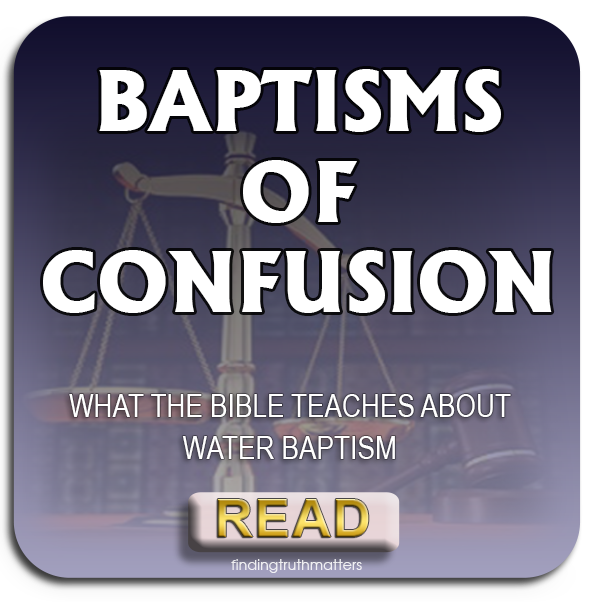
by Andrew Corbett | Feb 18, 2021 | Ethics
It’s reported that President Bill Clinton was the first to coin the phrase, “Abortion should be safe, legal and rare.” This clever sounding phrase was designed to be a politically safe appeasement for both the ‘Pro-Life’ and the ‘Pro-Choice’ camps. Due to the political success of this phrase it has been picked up by other politicians around the world who are also seeking to avoid polarising their electorate. But I consider this phrase absolutely non-sensical and utterly morally indefensible. Here’s why.

by Andrew Corbett | Feb 12, 2021 | Ethics
Integrity comes from the word: integer, which is the word used in mathematics to describe ‘a whole number’ (as distinguished from a fraction or number with a fraction). Being a person of integrity involves being a person who is one. They have one identity which is aligned with reality (the truth about themselves and the world in which they live). It is this latter aspect which makes moral uprightness (character) integral to integrity. When most people use the word integrity they are most often referring to this latter aspect to describe a person who is honest, trustworthy, and reliable. But this is more to do with character than integrity – although good character (moral uprightness) is an essential quality of integrity – integrity also involves the absence of any breaches.

by Andrew Corbett | Jan 19, 2021 | Public_Policy
Several jurisdictions around the world have introduced SOGI (Sexual Orientation Gender Identity) Conversion laws to restrict promotion of attempts made by groups or individuals to convert non-heterosexuals to heterosexuality. In December 2020, the Tasmanian Law Reform Institute (TLRI) had several groups from among the LGBTQA+ communities approach them and refer them to the possible need to reform the law in response to SOGI Conversion practices. The TLRI accepted their reference and issued an Issues Paper (#31) and has invited public consultation on their paper which calls for the outlawing of ‘conversion practices’. There are several underlying premises in the TLRI Issues Paper, many of which I have addressed in my submission to the Institute which you can view here.

by Andrew Corbett | Jan 5, 2021 | Theology
How seriously should we regard the Bible today? After all, in an age of such scientific certainty there appears to be many Biblical inaccuracies identified by scientists and historians to cast insoluble doubt on the preposterous claim that the Bible is the “word of God”. This has led some Seminaries (such as Fuller Theological Seminary) to abandon the belief that the Bible is “inerrant” (without error) in favour of a new belief that the Bible is “infallible” (correct in matters of religion only). It’s time now to examine this debate in closer detail…
Both inerrancy and infallibility acknowledge that these concepts apply to the original manuscripts of the Bible (“the Autographs”) – not to any one particular copied manuscript or translation of the Bible. The issue of Biblical translation is linked to this debate and we’ll deal with it shortly. Inerrancy means without error. Infallible means cannot be wrong. At first glance it may appear that these words are saying the same thing. But this is how they are being distinguished…

by Andrew Corbett | Dec 31, 2020 | Theology
In Matthew 28:18-19 it is Trinitarian (“in the name of the Father, the Son and the Holy Spirit”), but in the Acts of the Apostles, it is in the name of Jesus. I remember in my youth about hearing of a group of Pentecostals who made this the touch-stone of whether someone was baptised correctly or not. Today there are “Jesus-Only” groups who insist that what appears to be a Trinitarian formula is actually code for “Lord (The Father) Jesus (The Son) Christ (The Holy Spirit)”, which is why, they appeal, the Trinitarian version is no where used in the Book of Acts. In a culture steeped in legalism and superstition, my answer failed to connect with my audience. I left frustrated feeling that I had failed to adequately explain what the Bible teaches about water baptism. I am therefore writing with a sense that I wish I could have conveyed these thoughts in the language of my Indian friends to their satisfaction so that they could see that the Bible does not present a mixed message about Baptism.





